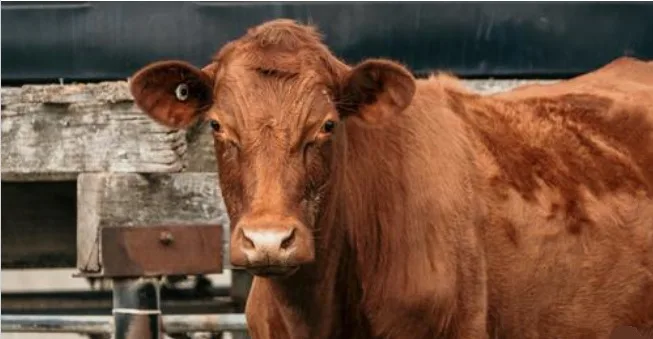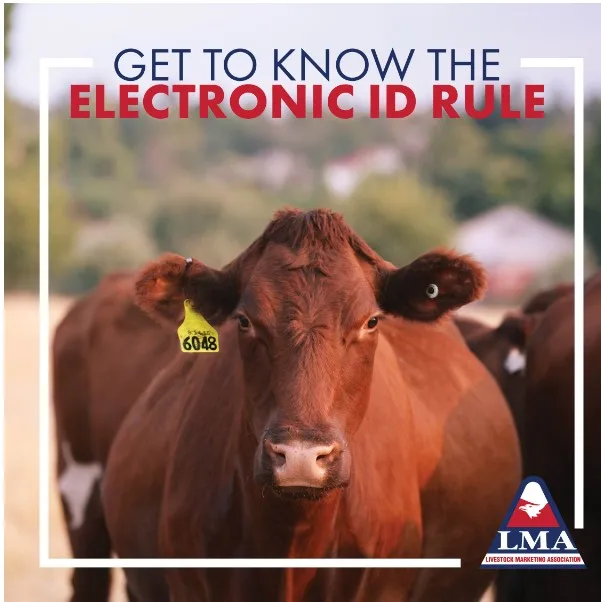WASHINGTON, D.C. – The New Civil Liberties Alliance (NCLA) has filed a Complaint against the U.S. Department of Agriculture (USDA) and its Animal and Plant Health Inspection Service’s (APHIS) new rule requiring electronically readable (EID) eartags for certain cattle and bison transported across state lines, rather than long-used visual tags.
Representing ranchers, farmers, and livestock producers who move cattle across state lines, NCLA urges the U.S. District Court for the District of South Dakota to halt the attempt to eliminate an already-in-place efficient means of cattle identification.
In 2013, APHIS announced a final rule regulating traceability for interstate livestock movements, a regulation that permitted several forms of “official identification” for certain cattle and bison moving across state lines, including both visual-only and electronically readable eartags and providing producers with flexibility to choose among options.
Over the past decade, the agency advanced and abandoned less formal measures for mandating radio frequency identification (RFID) eartags.
In May 2024, however, APHIS issued its new rule to end the use of visual-only eartags as a form of official identification for certain cattle and bison moving between states, requiring visually readable EID eartags in their place. There is an existing Animal Disease Traceability framework already in place. Currently, the Animal Health Protection Act does not give USDA and APHIS the power to mandate EID eartags.
According to the Complaint, courts do not have to defer to the agencies’ interpretation of the Act after NCLA’s recent Supreme Court victory in Relentless Inc. v. Department of Commerce, which overturned Chevron deference.
The Complaint also says the new rule is arbitrary and capricious under the Administrative Procedure Act, since the agencies fail to reasonably explain how the EID Final Rule “is necessary to prevent the introduction or dissemination of any pest or disease of livestock.” APHIS violated the Regulatory Flexibility Act as well, according to the Complaint, failing to calculate the new rule’s true cost to producers—and consumers.
Finally, the Complaint charges APHIS’s rule imposes new financial and practical burdens, particularly on smaller and independent cattle producers.
NCLA represents ranchers Rick and Theresa Fox and Kenny and Roxie Fox of South Dakota and Tracy and Donna Hunt of Wyoming, as well as R-CALF USA, South Dakota Stockgrowers Association, and the Farm and Ranch Freedom Alliance in an effort to stop the APHIS rule.
R-CALF USA will host a Facebook Live virtual meeting to discuss its lawsuit to stop the U.S. Department of Agriculture’s electronic eartag mandate for cattle and bison transported across state lines. The meeting will begin at 3 p.m. on Monday, Nov. 4.
Viewers will hear from R-CALF USA CEO Bill Bullard, New Civil Liberties Alliance Litigation Counsel Kara Rollins, Farm and Ranch Freedom Alliance Executive Director Judith McGeary, South Dakota Stockgrowers Association President Chuck Willard, and R-CALF USA Animal ID Committee Chair Kenny Fox.
Everyone is invited to join the meeting on Facebook Live at www.Facebook.com/R-CALFUSA.




